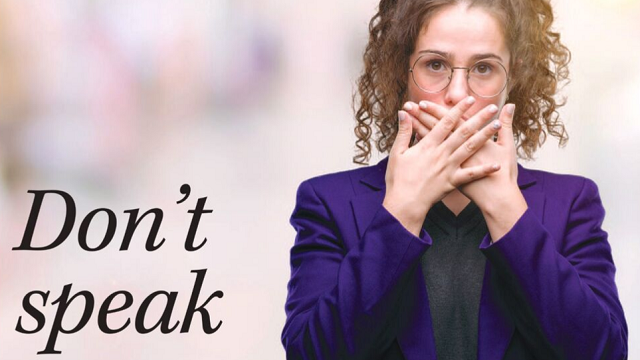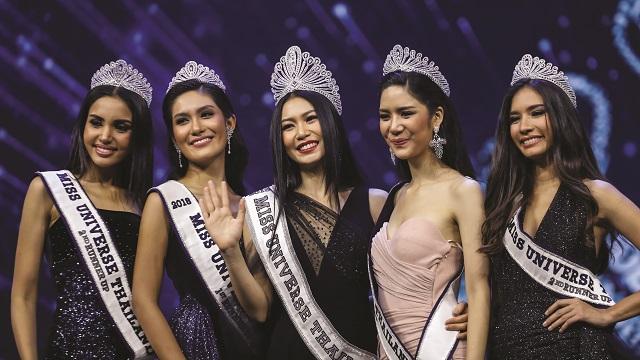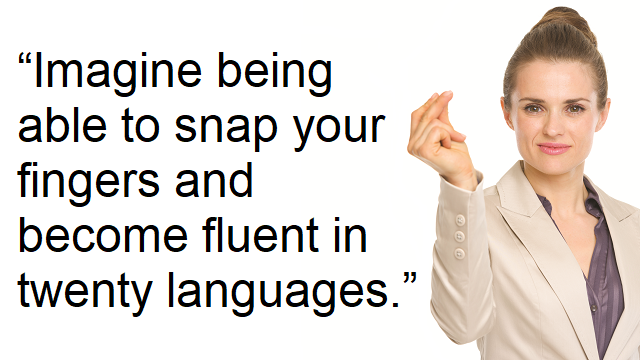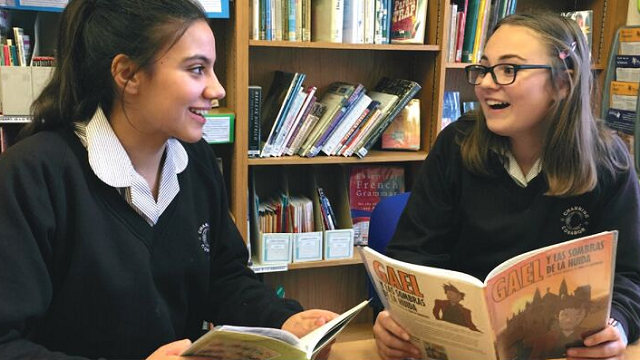-
QUALIFICATIONS
- For Linguists Worldwide
- For UK Public Services
- Preparation
- Policies & Regulation
-
MEMBERSHIP
- Join CIOL
- Membership grades
- NEW for Language Lovers
- Chartered Linguist
- Already a member?
- Professional conduct
- Business & Corporate Partners
-
ASSESSMENTS
- For Second Language Speakers
- English as a Second Language
-
TRAINING & EVENTS
- CPD, Webinars & Training
- Events & Networks
- CIOL Mentoring
-
NEWS & VOICES
- News & Voices
- CIOL eNews
- CIOL Awards
- The Linguist
- Jobs & Ads
-
RESOURCES
- For Translators & Interpreters
- For Universities & Students
- Standards & Norms
- CIOL & AI
- APPG
- In the UK
- UK Public Services
- Find-a-Linguist
Being Frank
Frank Gardner tells Miranda Moore how his passion for Arabic drives his work as BBC security correspondent
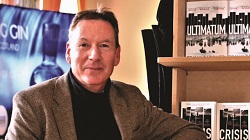 Frank Gardner talks about languages the way an explorer might talk about his most exciting voyages. To him, they are the start of an adventure: “the wardrobe that leads to Narnia… the door to someone else’s world”. It’s not just that the renowned Arabist found his passion for Arabic during a chance meeting with the Arabian explorer Sir Wilfred Thesiger, cementing the idea of languages and adventure in his 16-year-old mind. He had gained an innate sense of language’s ability to open up new worlds as a child, thanks to his diplomat parents.
Frank Gardner talks about languages the way an explorer might talk about his most exciting voyages. To him, they are the start of an adventure: “the wardrobe that leads to Narnia… the door to someone else’s world”. It’s not just that the renowned Arabist found his passion for Arabic during a chance meeting with the Arabian explorer Sir Wilfred Thesiger, cementing the idea of languages and adventure in his 16-year-old mind. He had gained an innate sense of language’s ability to open up new worlds as a child, thanks to his diplomat parents.
The family moved to Holland when Gardner was seven. “That was my first real encounter with foreign languages. The thrill of trying to imitate the accent and the language was exciting,” the BBC Security Correspondent tells me. His mother, a languages graduate, and father, who spoke excellent German, learnt Dutch in order to mingle with the diplomatic community. “My parents would sprinkle a lot of their conversation with French, Dutch, German and Italian. I was quite inspired by that, and if I’m honest, I probably wanted to be like them – to invent some of my own phrases,” he confides.
Studying French and German at school, he spent two weeks in Germany with an elderly couple who took him on “rather staid” tours of the town. “But the husband had fought on the Eastern Front in WWII so it was fascinating to hear his stories,” he adds. Fast forward a couple of years and he had a very different exchange experience aged 17, staying with a French family in Gascony. ”We were going to nightclubs on the back of motorbikes,” he explains. “I came back speaking quite good conversational French, but the worst French slang. My mum was appalled.”
That same year he took his first trip to an Arabic-speaking country: Morocco. “As an 18-year-old, it was incredibly exciting. Arabic was the portal through which I was experiencing a completely different culture. Everything about it was fascinating: the way it was pronounced, the way it was written, the way people’s facial expressions change when they speak Arabic.”
This set him on course for a prestigious career at the BBC which has seen him reporting from across the Middle East, embedding on ISAF operations in Afghanistan, and being rewarded with accolades including six honorary doctorates. His passion for exploring other cultures is nowhere more evident than in his book Far Horizons – a riotous look at his adventures in unusual places – and languages have always been central to that journey.
After a stint in the Army, he spent a decade working in investment banking in London, New York and Bahrain, using his Arabic every day. In 1995, he joined BBC World TV in London, setting himself up in Dubai two years later as the BBC Gulf stringer, before being appointed BBC Middle East Correspondent in Cairo in 1999. He has since conducted countless interviews in the language. Now based in London, he explains: “It’s very difficult to even get close to understanding a country if you can’t speak at least a bit of its language.” While travelling in Sumatra as a student, he picked up Bahasa; a short trip to Moscow came with a teach-yourself-Russian book.
“In Yemen, there is no way I could have got into kidnap territory in the mountains without Arabic, negotiating which guides we were going to take, who we could trust,” he says. “Even if the people you’re working with, or that you’re trying to interview, have got English, the fact that you have bothered to learn their language is showing them respect and they will want to help you.”
It is clearly important to him to afford this same respect to his Arabic-speaking friends, and he enjoys talking to them in their native language. “I hope they see me as somebody who cares about their region and is not just a visitor. I’m not just going to the Middle East because it’s an assignment,” he adds, reeling off an impressive list of holiday destinations: Sudan, Egypt, Oman, Tunisia, Morocco, Algeria, Yemen, Lebanon.
Speaking Arabic also enables him to tap into the local humour. “It’s wonderful to be able to share jokes in Arabic. Especially in Egypt, people love telling jokes, and it’s fun learning Egyptian humour. The students I knew there would call out when they saw a tall person: ‘four storeys’. It’s that kind of jaunty humour,” he explains.
As he talks, Gardner creates a sense of language as a ticket to an exciting club, not least when he describes a dinner at Buckingham Palace during which a guest kept interrupting his conversation with an Arab minister. “The minister found him just as tedious as me, so we chatted together in Arabic; it was a club he couldn’t belong to.”
His passion for Arabic remained unscathed when, in 2004, he was shot six times by Al-Qaeda gunmen while on assignment in Saudi Arabia. Documented in his memoir Blood and Sand, the attack took the life of cameraman Simon Cumbers and left Gardner without the use of his legs. On his return to work, he was appointed an OBE for services to journalism.
Since then, he claims to stay away from danger zones, but that didn’t stop him reporting from Yemen, Colombia and the Tunisia/Libya border last year. The Colombia trip began with intensive tuition to improve the “travel Spanish” he had learnt on previous visits. “I would not want to spend time in Colombia without any Spanish, you’re just going to miss out on everything,” he says.
He was joined on the course by his eldest daughter, who is studying Ancient Greek. It was not by accident that his children inherited his appreciation of other cultures. “I’ve tried to broaden their horizons as much as possible,” he says. “We’ve taken them to interesting places – Bethlehem, Montenegro, Borneo – adventure holidays really.”
Having journeyed across the world, Gardner says he feels as at home in Egypt and Bahrain as he does in the UK. “Cairo can be exhausting but it’s very familiar, and Egyptians are incredibly friendly and welcoming. I also had three happy years in Bahrain. We left in the 1990s and I still go back every year.”
It has been said that Gardner is a man on a mission to dispel myths about the Arab world, and I wonder how much of his work is driven by that objective. “I wouldn’t do it if I didn’t enjoy it,” he says. “It’s an enormous privilege to be on air, to speak to millions of people. To use that platform to try to give people around the world a better understanding of the Middle East – I just love doing that.”
Frank Gardener won the David Crystal Trophy for his contribution to languages.
More
The Chartered Institute of Linguists (CIOL), Incorporated by Royal Charter, Registered in England and Wales Number RC 000808 and the IoL Educational Trust (IoLET), trading as CIOL Qualifications, Company limited by Guarantee, Registered in England and Wales Number 04297497 and Registered Charity Number 1090263.



